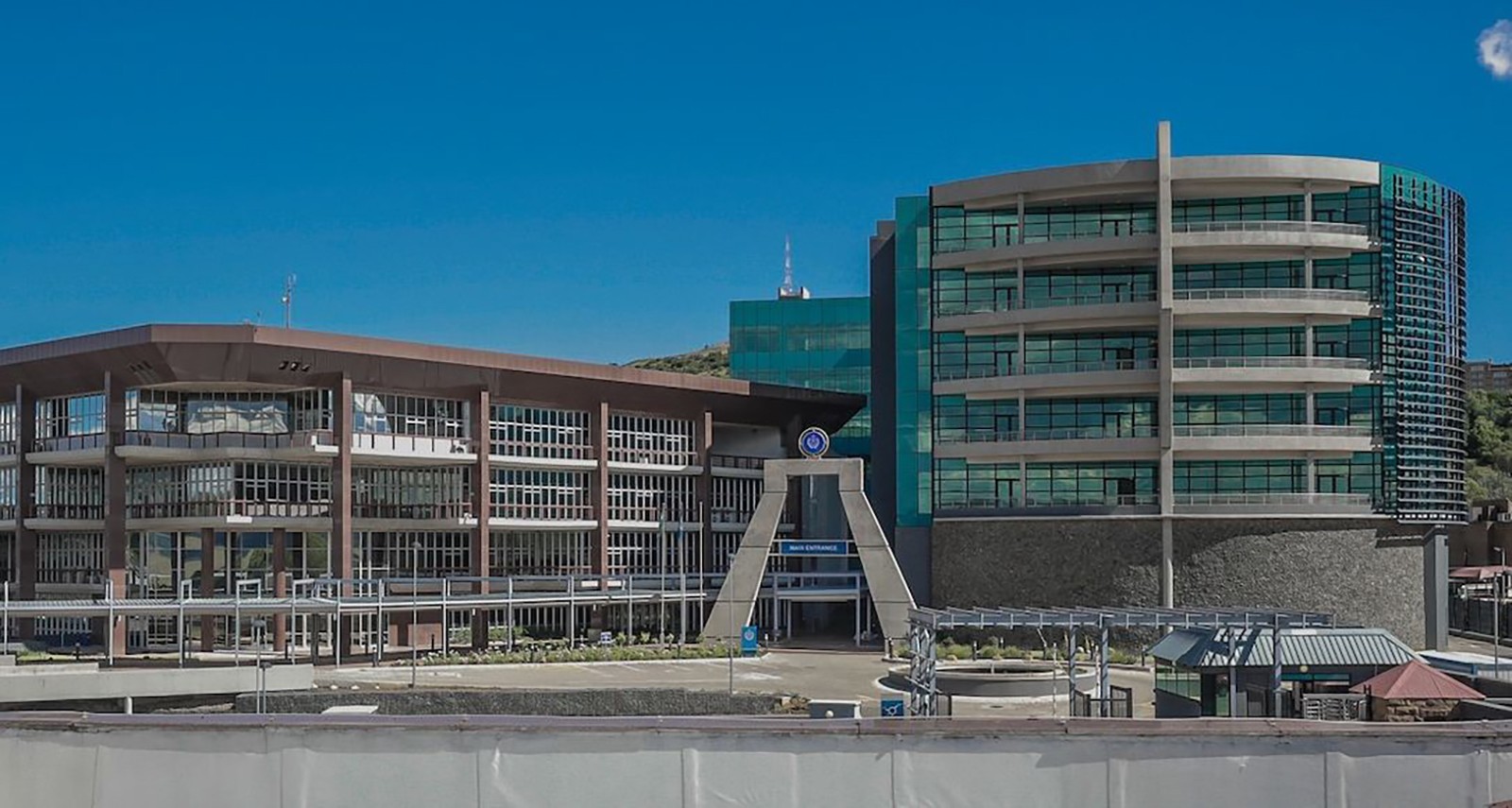Showdown looms over mercury ban

SHARE THIS PAGE!
By Matṧeliso Phulane
The ministry of tourism, environment and culture (MTEC) has incurred the wrath of the retail sector after it announced plans to restrict the importation of mercury, in line with the Minamata Convention.
The Minamata Convention on Mercury is the most recent global agreement on environment and health, adopted in 2013 and entered in to force in 2017. Lesotho acceded to the convention in 2014.
It is named after the bay in Japan where, in the mid-20th century, mercury-tainted industrial wastewater poisoned thousands of people, leading to severe health damage that became known as the “Minamata disease.”
Since then, parties have been working together to control the mercury supply and trade, reduce the use, emission and release of mercury, raise public awareness, and build the necessary institutional capacity to make mercury history.
The ministry hopes to enforce this ban through tighter border controls and adoption of relevant legislation or enforcement of regulations under the Environmental Act.
The ministry says a recent study revealed that mercury-added products such as batteries, dental amalgams, measuring devices, and skin lighting cosmetics which are mostly used by women, are still widely available and imported into the country.
In an interview theReporter this week, the senior environment officer (pollution control) of the department of environment, Kobeli Tṧasanyane said the ministry plans to introduce the raft of restrictions soon.
Tṧasanyane said manufacturers of mercury-added products previously requested to be given at least five years – until 2025 – to clear off their stock in factories, but the ministry is not prepared to wait until that time.
“We will start by creating awareness among various stakeholders in order to educate the public and change their mind set, perspectives and attitudes towards the use of mercury.
“We will engage the ministry of education to undertake the phase out programmes of mercury in schools and across all levels,” Tṧasanyane said.
He added that the department, in collaboration with enforcement agencies at the borders and the Revenue Services Lesotho, needs to initiate a plan that targets batteries at the border and prevent mercury-containing products from crossing into the country.
“Our aim is also to work hand in hand with the department of health and small business representatives to develop a programme to address mercury-containing cosmetics, as well as educate women in the country. The media will also help to spread the information.
“Society needs to know the health hazards posed by mercury, which include damaging kidneys, the liver and heart. Apart from that, it can cause cancer, affect the central nervous system, hearing as well as sight, and can cause amnesia. We will ensure the mercury draft is passed in the next parliament.
“There are already safe mercury-free alternative products such as digital thermometers, light bulbs, digital blood pressure monitors and others.”
As is to be expected, a furious street vendor who sells skin products in Maseru accused the ministry of taking food out of vendors’ mouths.
“I have known about the MTEC’s awareness campaign since it started. If you have been sent by the ministry to spy on us, go back and ask them if they will give us an alternative source of livelihood. As usual, they are targeting street vendors for political reasons; whatever they are trying to do will not work,” the visibly angry vendor told this publication.
The vendor who refused to give us his name added: “These products are also sold in big shops. Why don’t they target those shops if there is consistency in their plans? Why us? These shampoos and body sprays that you use also have side effects. My customers always give positive feedback after using my stuff.”
Another vendor, Lawrence Aglnwa, a Nigerian who sells skin-lightening products, supports the ministry’s move to conduct awareness campaigns.
“However, the ministry should first stop the manufacturers, not the street vendors because we are mere sellers. I am not aware of the side effects of the products I sell and the plans to ban mercury containing products. Nevertheless, I do support the ministry’s efforts.
“But, before banning the products they should take into consideration that many of us make a living through these products products. I, therefore, urge them to come up with solutions such as financial support to replace our products after taking them away,” Aglnwa said.
Meanwhile, traditional healer Malefetsane Liau has previously has argued that they use mercury for various purposes such as dispelling evil spirits and fortification.
Liau could not understand why the MTEC was intending to ban the use of mercury when the chemical is an essential component of traditional healing.
“They do not have right to restrict the use of mercury even though they claim it is harmful. We have licenses, in the event that anything wrong happens to our patients,” he said.


New border plan to advance regional trade
10 days ago
Foul language lands man in court
10 days ago
Youth demand action on unemployment
11 days ago
Ex-ministers threaten to sue govt
11 days ago
CBL launches LERIMA awareness campaign
11 days ago

Youth unemployment declared a state of emergency
12 days ago

Alliance extends deal with premier league teams
13 days ago